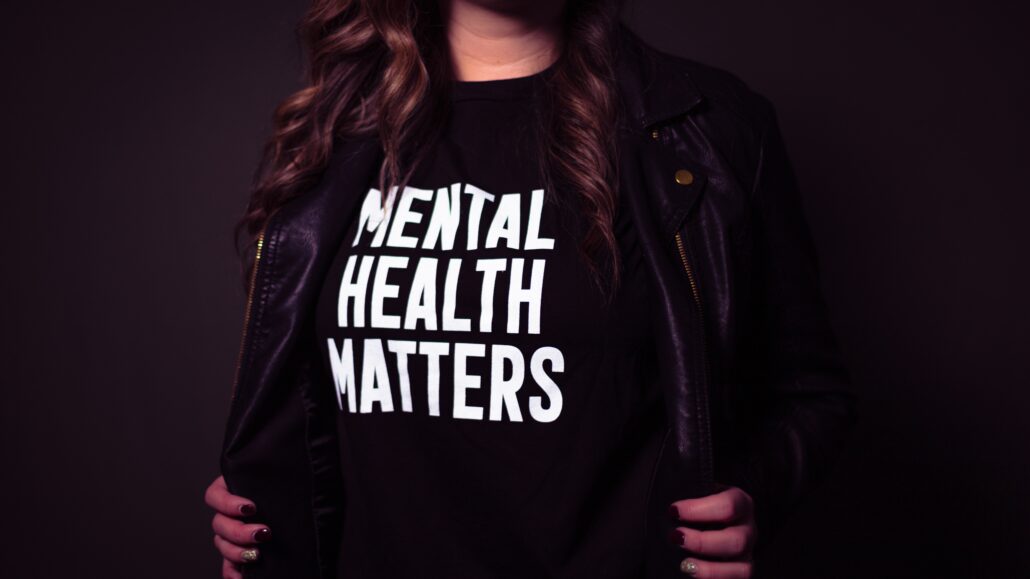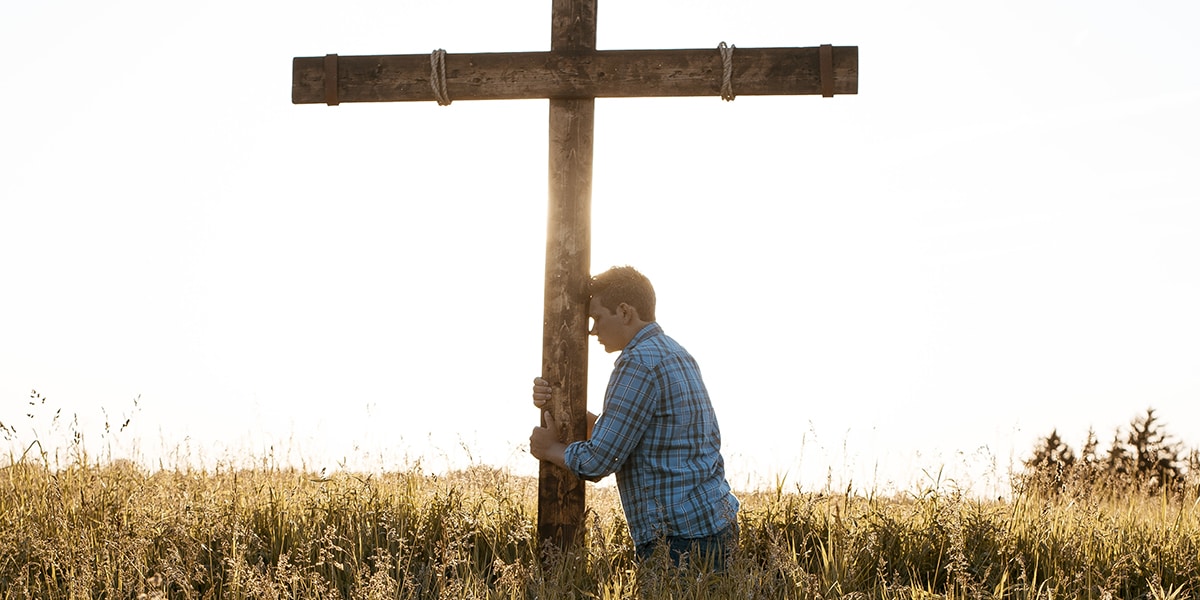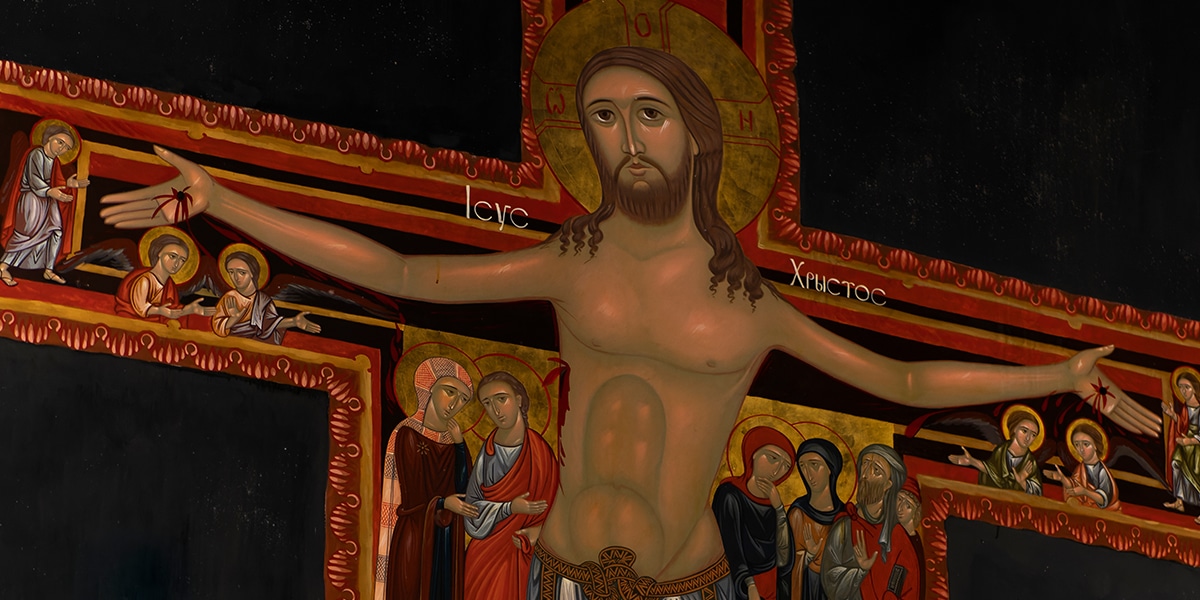“I knew as a mother that there was something wrong with Jenny,” said Eve. (Names have been changed to protect people’s privacy.) Eve and her husband adopted Jenny, who was an extremely active child.
When she reached puberty, Jenny’s behavior became unusual. Eve, a nurse, pressed medical professionals for a diagnosis. A psychiatrist finally diagnosed Jenny with bipolar disorder. At 16 Jenny was put on lithium. Jenny’s behavior was disturbing. She was promiscuous and spent money “like a princess.”
Jenny had many car accidents because she was not responsible. She did not consistently take her medicine, especially on weekends, because it made her feel groggy and confused.
Life was a challenge for Jenny and her family. But she moved to California, married, and had a son. Then at 25 she died by suicide. Eve discovered that her daughter had signed all the medical releases and legal papers so Eve could care for her three-year-old grandson.
Eve and her husband adopted Jimmy, now 16. He attends a local Catholic high school, and has been diagnosed with bipolar disorder, ADHD (Attention Deficit Hyperactivity Disorder) and a personality disorder. He seems to be doing well if he takes his medicine.
Mental Illness Is an Illness
When someone is diagnosed with cancer or heart disease, we offer our concern and prayers for them and accept it as a reality of life. We feel comfortable talking about it and might ask for support and prayers.
It is a different story when someone we know is diagnosed with a mental illness such as bipolar disorder, schizophrenia, or depression. People are less inclined to share that diagnosis with others. Mental illness brings along with it negative stereotypes and stigmas.
People misunderstand mental illness. I know I have. There is shame associated with it and there should not be. The symptoms of mental illness are very real and difficult to control with medications and therapies. A person with mental illness can experience major changes in personality, have difficulty functioning socially or coping with everyday problems, or suffer from disturbing thoughts or feelings.
According to the National Institute of Mental Health, mental disorders are common. An estimated 26.2 percent of Americans ages 18 and older—about one in four adults—suffer from a diagnosable mental disorder in a given year.
In God’s Image
As Christians, we speak of respecting all life but, in reality, we often neglect people with mental illness. Catholic social teaching challenges us to be open and supportive to them and their families. Addressing an international conference sponsored by the Pontifical Council for Pastoral Assistance to Health-Care Workers in November 1996, Pope John Paul II said: “Whoever suffers from mental illness ‘always’ bears God’s image and likeness in themselves, as does every human being. In addition, they ‘always’ have the inalienable right not only to be considered as an image of God and therefore a person, but also to be treated as such.”
Families with relatives who have mental illness find their religious faith challenged. They live with uncertainty and anxiety, and can move from crisis to crisis. Families might best cope with mental illness with acceptance, offering their loved one serenity, courage and wisdom.
The seventh-century St. Dymphna is the Church’s patron saint of people with mental illness or emotional disorders. May we remember all the Jennys and Jimmys—and caregivers like Eve—and pray that we may be a source of comfort and support for them.









9 thoughts on “Holy, Wholly Healthy: The Stigma of Mental Illness”
My son, 54, has suffered with mental illness since a young age. It got really bad his senior year in college. I had taken care of him until I couldn’t. I don’t know how he is. I miss him and love him. You are correct when you say people do not understand mental illness. We should have more support for agencies like NAMI, the National Association of Mental Illness! They have wonderful programs that will really help our country!
Thank you for this enlightening prayer. It is one for those of us dealing with family suffering from this disease.
NAMI is a wonderful supportive organization both for family members and the person suffering from mental illness. As a nurse and mother it helped me support my child with a mental illness. NAMI also promotes understanding of mental illness and helps to destroy STIGMA in popular culture contexts. Thank you NAMI.
Our sister Jennifer was lost to our family for over 30+ years. All of us, especially our Mother suffered with Jenny’s homelessness and mental illness (schizophrenia). One day my Mother received a knock on her door by the Sheriff saying they found Jenny. We never gave up praying for Jenny and still pray for her. We know she is now free of illness and buried near my father and sister Mary. She is waiting for all of us to come home. I personally feel the mental ill are victim souls.
People who have insurance or money can get help. People without that wind up on the street. Homeless.
Government agencies do not help enough.
I so agree with you David. When passing by homeless encampments, I wonder how many are suffering from a mental illness. We worked with a homeless lady in our RCIA process and it was challenging. She was received in the Church and eventually left the parish. Often wonder about her and how she is faring today.
I’m bipolar, I have been suicidal a number of times,many if I’m honest; I have self harmed in times of extreme stress or ‘darkness’ and I have experienced other mental health problems.
I’m 69 and began to present with problems at about
7years old. My parents never gave up on me ,never gave up praying They never got help and for 30 years neither did I.
No medications have worked and in the UK no other option is given to those who can’t pay. My husband of 40 years is my beloved carer and returning to God has ,and continued to be my first, last and constant ‘ medicine ‘
My prayers and thoughts are with those who face mental illness alone. St Dymphna bless us all .
Lord Jesus Christ, you loved us first and you gave your life for us. Fill us with a joyful heart and a generous spirit that is ready to serve and to do whatever you command. Amen.
this is a wonderful article! I truly thank God for it. I am 69 and didn’t know I had depression and anxiety running on both sides of my family until I had a breakdown when I was 32 and I was very upset that nobody told me and no one tried to help me. so many things that happened to me as a kid could have been either avoided or not been as traumatic as they were. but, the one thing I can say is that Jesus has been with me every step of the way. I take medication every day and I have been having therapy for a long long time about different things in my life and I hold on to Jesus for dear life, because I know he is the main source of strength and love and mercy and understanding. people really don’t understand what it’s like and, What Hurts The most, is that a lot of them don’t want to know. they think it’s just like having a blue day, but it’s so much more than that and it hurts so much more when they either ignore you or put you down like you don’t have any brains because you have a mental problem. that is not true, but that’s the way the media has portrayed it. or they betrayed people with mental illness going off the deep end and killing a million people! I pray that we can have more in the Church of understanding these things, maybe pamphlets or talks about it once in awhile would help? I don’t know, I’m thinking out loud, but I know one thing. I love Jesus and he has never left me no matter how bad things got.